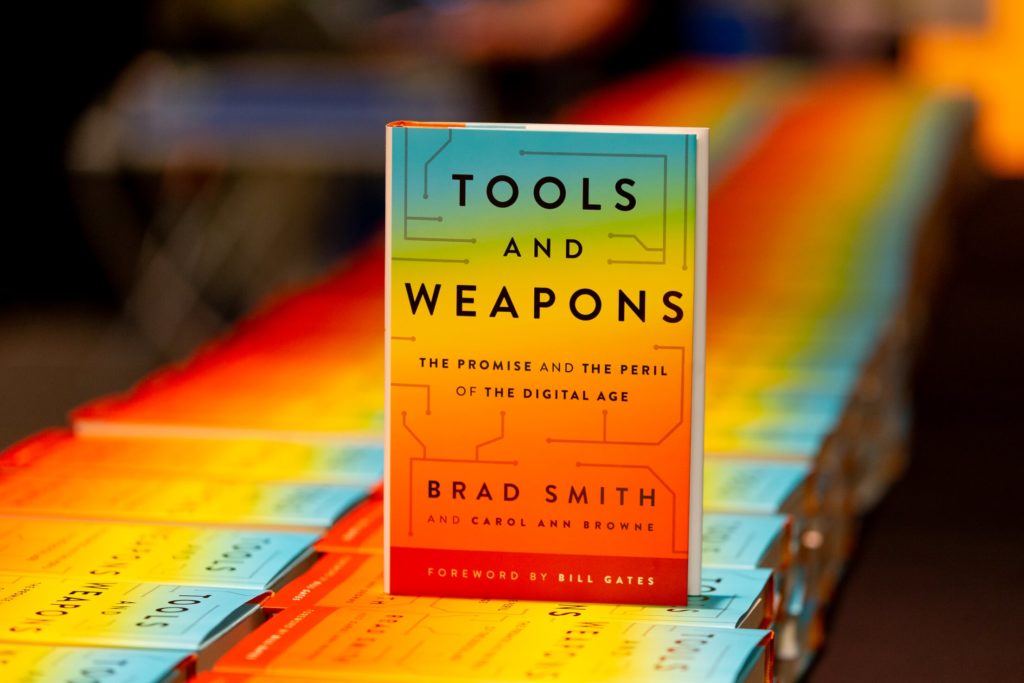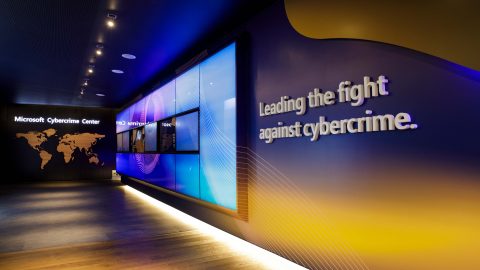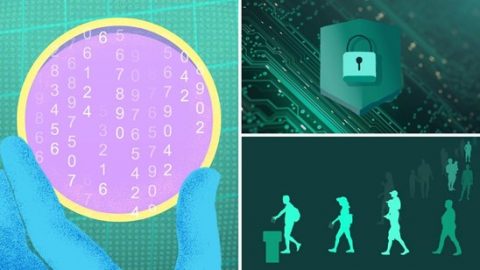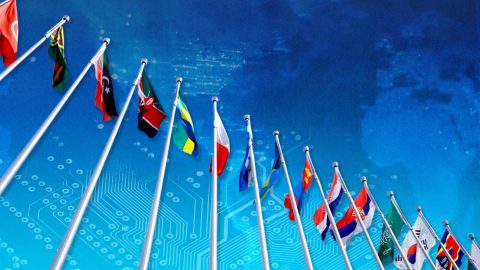Questions for your book club discussion of ‘Tools and Weapons: The Promise and the Peril of the Digital Age’
“If your technology changes the world, you bear a responsibility to help the world navigate these changes,” says Microsoft president Brad Smith, who wrote “Tools and Weapons” with Carol Ann Browne, senior director of communications and external relations at Microsoft.
The book takes readers into the cockpit of one of the world’s largest and most powerful tech companies as it finds itself in the middle of some of thorniest emerging issues of our time. These are challenges that come with no pre-existing playbook, and include privacy, cybercrime and cyberwar, social media, the moral conundrums of AI, big tech’s relationship to inequality and the challenges for democracy, far and near.
The book was selected as book of the month by the World Economic Forum Book Club in October.
[READ MORE: What people are saying about the new book “Tools and Weapons”]
Here are some of the key questions asked in “Tools and Weapons”” that you can use for discussion in your own book club.
How do we strike the right balance between public safety, individual convenience and personal privacy?
In the introduction, we’re given a virtual tour of a Microsoft data center – “the digital world’s filing cabinet.” Data centers are at the heart of all the issues we face in this digital era, the authors write. Not only have they enabled progress and enormous leaps in consumer convenience, they’ve also unleashed unique challenges around safety, security and privacy.
Does tech need more regulation?
Tech companies are now like banks, as unpacked in Chapter One: Surveillance. They hold your personal and private data – not just on their soil, but also in data centers worldwide, subject to other countries’ laws. The risk data falling into the wrong hands is further explored in Chapter Three: Privacy. “There are countries where we have not and will not place data centers because the human rights risks are too high,” the authors explain. The U.S. CLOUD Act and European GDPR (covered in Chapter 8: Consumer Privacy) address some of these concerns, but how can human rights be protected globally by tech companies?
Who is responsible for keeping cyberspace safe?
Cybersecurity has become a shared responsibility between tech companies and customers, writes the authors in Chapter Four: Cybersecurity. But they also ask: “Can we wake up the world before a digital 9/11? Or will governments continue to hit the snooze button?” The book provides sobering illustrations of the potential chaos caused by a cyberattack on an electronic grid, plus real-world examples like the WannaCry ransomware attack in 2017.
How do we protect democracy in the digital age?
In Chapter Five: Protecting Democracy, we learn about Microsoft’s Digital Crimes Unit – a digital SWAT team that is “unique in the tech sector.” Tools like AccountGuard and ElectionGuard to help keep ballots safe from online meddling are also explored. But global tech companies walk a fine diplomatic line. As the authors note in Chapter Seven: Digital Diplomacy, when the Cybersecurity Tech Accord was launched, it seemed “ironic and even uncomfortable as a company to advance the mantle of multilateralism, which typically was the role of governments.”
[READ MORE: Today in Technology: Lessons through time]
Is technology splitting us up rather than bringing us together?
“For more than a century, almost every technology that has connected people who live apart has also created new barriers between people who live close together,” write the authors in Chapter Six: Social Media. The freedoms of the internet have, they believe, resulted in us identifying with “cybertribes.” We spend our time online in echo chambers and are vulnerable to disinformation campaigns. Can platforms and consumers mitigate against this – and should they?
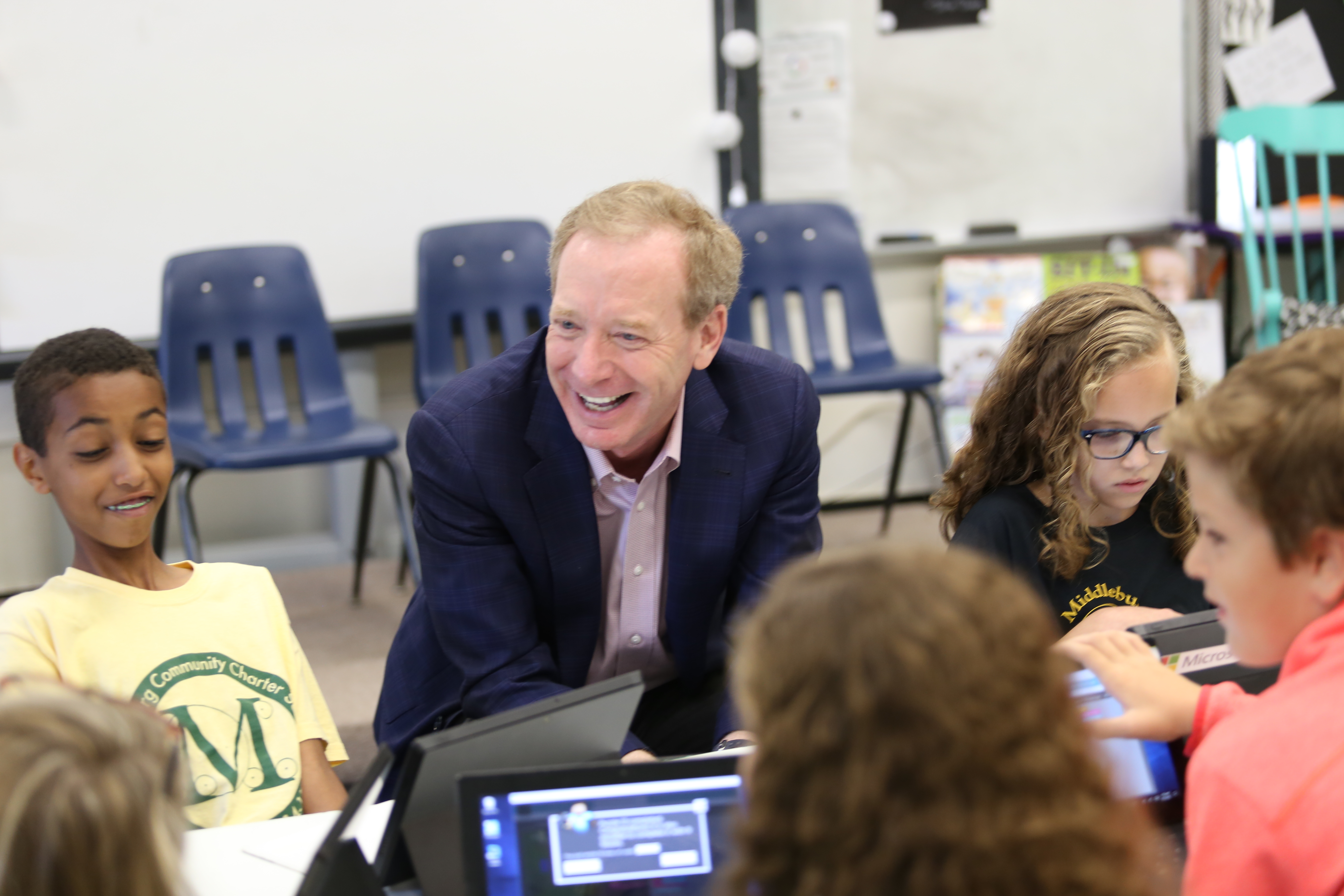
In Chapter Six, the authors write, “Digital technology has created a different world and not always a better one.” Do you agree?
A Pandora’s box has been opened and we can’t put the worst evils – cyberattacks, deepfakes and foreign inference in democracy among them – back in. But for all the negatives the internet and our connected devices have engendered, there are also many positives.
As technology continues to advance, can the world control the future it is creating?
In Chapter Seven: Digital Diplomacy, the book quotes Einstein who warned in 1932 that our organizing abilities had been outstripped by technical advances, meaning: “The hardly bought achievements of the machine age in the hands of our generation are as dangerous as a razor in the hands of a three-year-old child.” Cyberweapons are a very real threat, but can we contain it?
[READ MORE: Today in Technology: The Top 10 Tech Issues for 2019]
How do we promote a thoughtful, respectful and inclusive global conversation around the ethics of AI?
Microsoft is guided by six ethical principles for its AI development, which include accountability. The authors say the “fundamental conundrum for the future” will be how the world can “converge on a singular approach for ethics for computers when it cannot agree on philosophical issues for people.” And they note that science and tech can “connect or collide” with matters of faith, religion and philosophy.
Tell us what you think about the book @MSFTIssues. You can buy the book here or at bookstores around the world.

